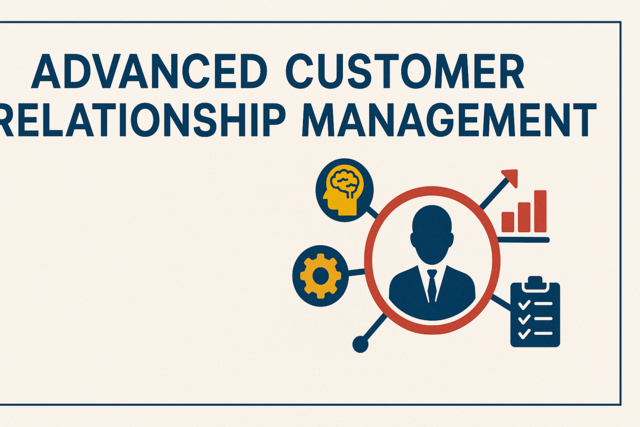Online Class: Ethical Decision-Making in Business

no certificate
with CEU Certificate*
-
15Lessons
-
22Exams &
Assignments -
6Hours
average time -
0.6CEUs
Course Description
Welcome to the transformative journey that is Ethical Decision-Making in Business -- an essential course for those ready to redefine the landscape of professional success.
In today's rapidly evolving business world, the stakes have never been higher. Markets are more competitive, consumers more discerning, and the global call for responsible corporate behavior rings louder than ever. This course isn't just another academic exercise. It's your personal guide to mastering the art of ethical decision-making, turning inevitable business challenges into opportunities for impact and growth. Here, the complexities of modern commerce meet the timeless principles of justice and accountability, forming a blueprint for sustained success.
You might wonder: why choose this course over countless others available online? The answer lies in the way we've meticulously crafted each part of this journey to not only teach but inspire and empower you to lead with clarity and conscience. Each lesson is an invitation to explore the rich tapestry of ethical frameworks that will serve as your steadfast compass, guiding you through the murkiest of business waters with confidence and finesse.
Beginning with the foundational principles of business ethics, we'll immerse you in real-world scenarios where the choices you make don't just affect bottom lines but shape lives and communities. Through the exploration of corporate social responsibility (CSR), you'll learn how to transform altruistic ideals into strategic imperatives that mesh seamlessly with economic objectives, ensuring that your professional ventures contribute positively to society.
Our hands-on, narrative-driven learning approach will see you step into the shoes of ethical leaders confronting conflicts of interest and navigating cultural dimensions. Through interactive case studies, including high-profile corporate ethics scandals, you'll develop the acuity to recognize, analyze, and manage ethical dilemmas, making you an invaluable asset to any organization.
Imagine leading with a vision that aligns stakeholders from all walks of life--investors, employees, and communities--by supporting a culture of transparency and accountability. As you delve deeper into cultural nuances and diversity and inclusion, you'll conceive and nurture work environments that not only welcome but celebrate differences, driving innovation and growth from the ground up.
And as you look to the future, you'll explore the ethical implications of AI in business, preparing you to lead in a digital age with both caution and optimism. Through this course, you will not merely anticipate the challenges posed by technological advancements but will strategically employ them to propel your career and your company forward with integrity.
But this course is not just about learning the mechanics of ethical business practices. It's about reshaping who you are as a leader. You'll discover the profound impact of aligning personal and professional values, setting a course for lifelong development that is both rewarding and sustainable. This is more than just an upskilling opportunity--it's a personal transformation designed to instill a sense of purpose and perspective that transcends calculated profits.
Our expert instructors are not just educators but mentors who are deeply committed to your journey, ready to provide you with insights gleaned from years of experience in the field. Their goal is to ensure you graduate with the readiness to leave a lasting, positive imprint on the business world.
Empower yourself with the knowledge and tools to make ethical decisions with confidence, bolster your professional reputation, and set your career on a trajectory of unmatched growth and influence. Enroll now in Ethical Decision-Making in Business and take the first step toward becoming a leader who not only understands the rules of the game but rewrites them to build a better, more ethical world. Join us, and let's embark on this incredible journey together.
- Completely Online
- Self-Paced
- 6 Months to Complete
- 24/7 Availability
- Start Anytime
- PC & Mac Compatible
- Android & iOS Friendly
- Accredited CEUs

Course Lessons
Lesson 1. Business Ethics: Anchoring Decisions in Principles
The lesson underscores the importance of ethical frameworks like justice, autonomy, and beneficence in business decision-making, offering strategies to balance profitability with responsibility. By championing personal values and moral duty, companies can navigate complex situations while fostering an ethical corporate culture.Lesson 2. Aligning Ethics and Values in Business
Personal values, shaped by culture and experience, are the bedrock of ethical business practices, enabling conscientious decisions in complex scenarios. Emphasizing transparency and innovation, professionals driven by these values reject short-term gains for long-term integrity, fostering ethical corporate culture and resilience.Lesson 3. CSR: The Essential Business Strategy for Long-Term Success
Historical shifts in CSR stress business accountability and contribution to global challenges like climate change and inequality, evolving from philanthropy to strategic imperatives. CSR integration fosters brand loyalty, risk management, and innovation, crucial in a globally aware consumer market.Lesson 4. Crossroads of Integrity: How Conflicts of Interest Emerge and Are Managed
Understanding conflicts of interest is vital for ensuring ethical integrity in business by promoting transparency and impartial decision-making, with examples like board members possessing stocks in competitor companies illustrating the risk of personal interests affecting professional responsibilities. The digital age adds complexity, blurring lines between personal and professional realms, necessitating strict codes of ethics in universities and companies to manage conflicts proactively.Lesson 5. Elevating Business Harmony through Ethical Excellence
Grounded in character development, virtue ethics shapes corporate culture by promoting honesty, courage, and fairness, fostering sustainable practices and ethical leadership. Such a framework empowers employees to navigate complexities ethically, enhancing trust and communication across the organization.Lesson 6. Strategic Insights: Leveraging Transparency and Accountability for Success
Transparency in the tech and financial sectors facilitates consumer trust by openly sharing data practices and fiscal health. This fosters ethical integrity and market confidence, positioning companies favorably amid intense scrutiny.Lesson 7. Ethical Behavior in Organizations: Navigating Cultural Dimensions
Cultural dimensions play a critical role in shaping ethical behavior within organizations, with Geert Hofstede's framework offering insights into decision-making across different societies. Understanding these dimensions allows businesses to adapt and succeed globally by integrating culturally sensitive ethical approaches.Lesson 8. Fostering Ethical Leadership in Business
Case studies like Volkswagen's emissions scandal and Wells Fargo's unauthorized accounts highlight the rift between legality and ethics, with businesses needing strong ethical frameworks. Emphasizing ethical culture, businesses can foster integrity and trust, preventing reputational and financial damages.Lesson 9. Ethics in Business: A Student's Guide
Understanding ethical frameworks empowers business students to navigate complex decisions affecting organizational success and reputation. Applying principles like utilitarianism and deontological ethics equips future leaders to make choices balancing societal impact and profitability.Lesson 10. Understanding and Managing Stakeholder Dynamics in Ethical Business Decision-Making
In the complex landscape of modern business, mapping stakeholder interests helps companies address potential conflicts and strategically align their goals. This approach not only supports ethical decision-making but also strengthens reputation and financial growth.Lesson 11. Ethics as a Business Compass
Strong ethical foundations in businesses attract talent by resonating deeply with individuals' personal beliefs, enhancing reputation and employee engagement. This commitment navigates complex business landscapes and ensures long-term success while adapting to the challenges of the 21st century.Lesson 12. Cultural Nuances in Ethical Leadership
Religious beliefs, such as Islamic business ethics, significantly influence cultural norms and ethical standards, demanding sensitivity in global business operations. Developing cultural competence is crucial for leaders aiming to respect and align with varied cultural ethical standards.Lesson 13. Empowering Business Growth: The Role of Diversity and Inclusion
Modern diversity extends beyond race and gender to include age, sexual orientation, cultural background, and other identities, whereas inclusion ensures every individual feels respected and valued. Strategies like diverse hiring panels and mentorship programs for underrepresented groups are vital in embedding these principles into organizational culture, promoting both ethical growth and business success.Lesson 14. AI in Business: Ethical Considerations for a Digital Age
The advent of AI poses challenges to workforce structures, threatening job security while offering opportunities for skill evolution. Forward-thinking companies balance automation with upskilling and reskilling strategies to prepare employees for future roles.Lesson 15. The Pursuit of Ethical Excellence
Ethical performance metrics serve as benchmarks for businesses to maintain integrity by assessing violations, customer trust, and employee perception. By integrating these metrics into their operations, companies can ensure alignment with both their core values and broader societal expectations.
Learning Outcomes
- Define utilitarianism and apply it to a case study in business ethics, evaluating the impact of decision-making on stakeholders' well-being.
- Demonstrate understanding of deontological ethics by analyzing a business scenario that requires adherence to ethical rules over consequences, emphasizing moral duties.
- Demonstrate the ability to articulate and integrate personal values with organizational ethics by reflecting on real-world scenarios and proposing solutions that align with ethical principles and corporate culture.
- Recognize and describe how personal values influence ethical decision-making in business contexts by identifying specific values and analyzing their impact on professional behavior and outcomes.
- Demonstrate the application of the Triple Bottom Line model in evaluating a company's commitment to social, environmental, and economic responsibilities.
- Define Corporate Social Responsibility (CSR) and illustrate its impact on ethical decision-making within businesses by aligning practices with stakeholder interests and societal norms.
- Define and differentiate between actual, potential, and perceived conflicts of interest, providing an example for each type.
- Examine the impact of conflicts of interest on ethical decision-making and describe strategies for managing such conflicts within an organization.
- Demonstrate the application of virtue ethics in promoting sustainable practices through examples of transparency, empathy, and prudence within organizations.
- Recognize how virtue ethics can shape an ethical corporate culture by fostering character-driven leadership across organizational levels.
- Demonstrate an understanding of accountability by outlining a business strategy that includes mechanisms for reporting misconduct and setting clear performance metrics.
- Describe the impact of transparency on stakeholder trust by analyzing a case study where a company's openness led to improved stakeholder relationships.
- Define and differentiate between Hofstede's six cultural dimensions and how they influence organizational ethical behavior in a global context.
- Demonstrate mastery of lesson content at levels of 70% or higher.
Additional Course Information

- Document Your Lifelong Learning Achievements
- Earn an Official Certificate Documenting Course Hours and CEUs
- Verify Your Certificate with a Unique Serial Number Online
- View and Share Your Certificate Online or Download/Print as PDF
- Display Your Certificate on Your Resume and Promote Your Achievements Using Social Media

Choose Your Subscription Plan
No Certificate / No CEUs
This course only
| Includes certificate | X |
| Includes CEUs | X |
| Self-paced |

|
| Instructor support |

|
| Time to complete | 6 months |
| No. of courses | 1 course |
Certificate & CEUs
This course only
| Includes certificate |

|
| Includes CEUs |

|
| Self-paced |

|
| Instructor support |

|
| Time to complete | 6 months |
| No. of courses | 1 course |
Certificates & CEUs
Includes all 600+ courses
| Includes certificate |

|
| Includes CEUs |

|
| Self-paced |

|
| Instructor support |

|
| Time to complete | 12 Months |
| No. of courses | 600+ |
Certificates & CEUs
Includes all 600+ courses
| Includes certificate |

|
| Includes CEUs |

|
| Self-paced |

|
| Instructor support |

|
| Time to complete | 24 Months |
| No. of courses | 600+ |
Related Courses
-
 5 hours
0.5 CEUs
The Compassionate Family: Building Empathy Through Generations
+ More Info
5 hours
0.5 CEUs
The Compassionate Family: Building Empathy Through Generations
+ More Info
-
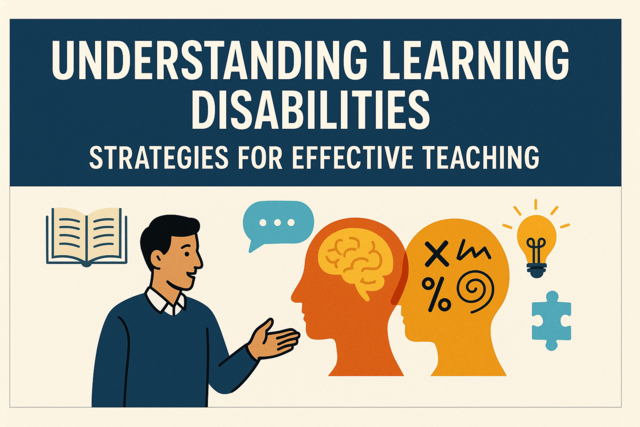 7 hours
0.7 CEUs
Understanding Learning Disabilities: Strategies for Effective Teaching
+ More Info
7 hours
0.7 CEUs
Understanding Learning Disabilities: Strategies for Effective Teaching
+ More Info
-
 7 hours
0.7 CEUs
Building a Healthy Work Environment
+ More Info
7 hours
0.7 CEUs
Building a Healthy Work Environment
+ More Info
-
 4 hours
0.4 CEUs
Critical Thinking and Problem Solving Techniques
+ More Info
4 hours
0.4 CEUs
Critical Thinking and Problem Solving Techniques
+ More Info
-
 7 hours
0.7 CEUs
Adapting to Change in a Fast-Paced World
+ More Info
7 hours
0.7 CEUs
Adapting to Change in a Fast-Paced World
+ More Info
-
 7 hours
0.7 CEUs
Behavior Management Techniques for Special Educators
+ More Info
7 hours
0.7 CEUs
Behavior Management Techniques for Special Educators
+ More Info
-
 7 hours
0.7 CEUs
Trauma Typologies: Exploring Varieties of Psychological Wounds
+ More Info
7 hours
0.7 CEUs
Trauma Typologies: Exploring Varieties of Psychological Wounds
+ More Info
-
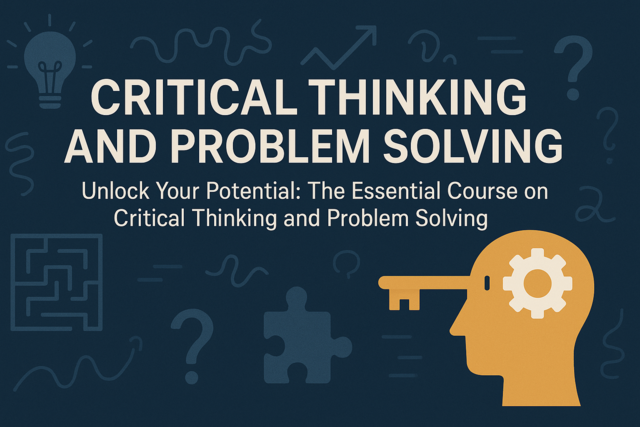 5 hours
0.5 CEUs
Critical Thinking and Problem Solving
+ More Info
5 hours
0.5 CEUs
Critical Thinking and Problem Solving
+ More Info
-
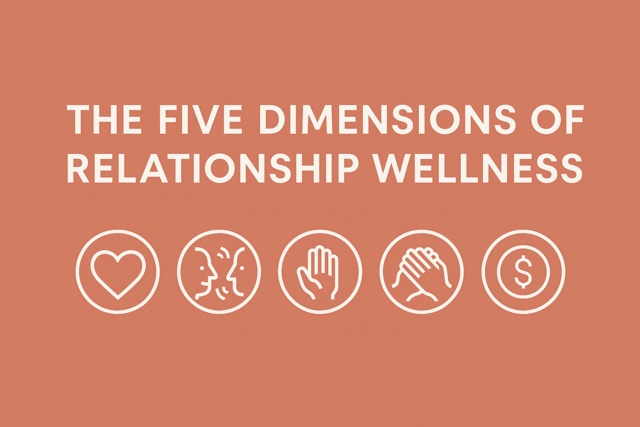 7 hours
0.7 CEUs
The Five Dimensions of Relationship Wellness
+ More Info
7 hours
0.7 CEUs
The Five Dimensions of Relationship Wellness
+ More Info
-
 4 hours
0.4 CEUs
Developing Self-Advocacy Skills in Students with Disabilities
+ More Info
4 hours
0.4 CEUs
Developing Self-Advocacy Skills in Students with Disabilities
+ More Info
-
 3 hours
0.3 CEUs
Career Resilience and Adaptability
+ More Info
3 hours
0.3 CEUs
Career Resilience and Adaptability
+ More Info
-
 7 hours
0.7 CEUs
Blended Learning Models in Schools
+ More Info
7 hours
0.7 CEUs
Blended Learning Models in Schools
+ More Info
-
 7 hours
0.7 CEUs
Digital Friendships: Navigating Virtual Connections
+ More Info
7 hours
0.7 CEUs
Digital Friendships: Navigating Virtual Connections
+ More Info
-
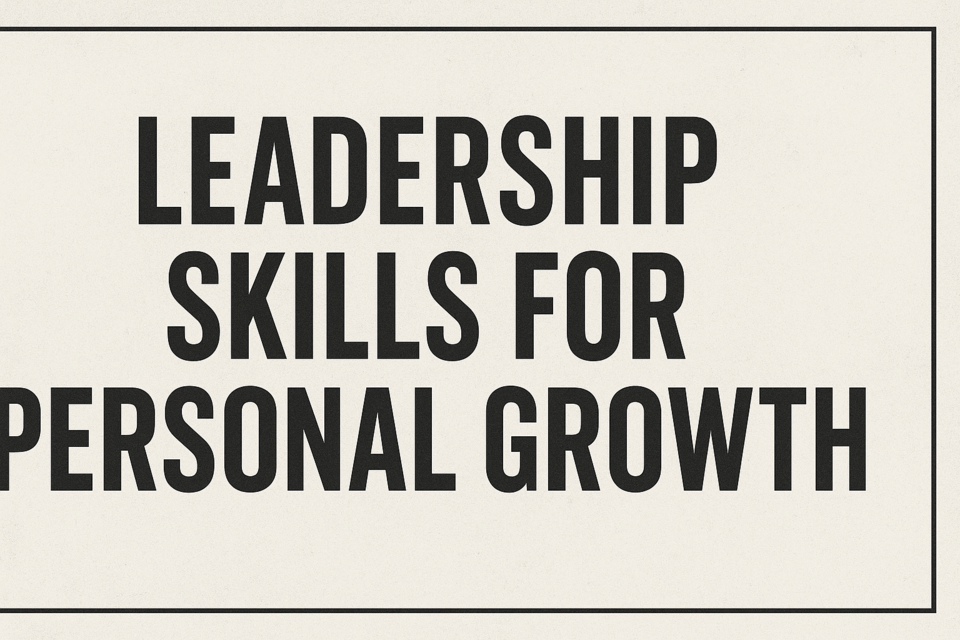 4 hours
0.4 CEUs
Leadership Skills for Personal Growth
+ More Info
4 hours
0.4 CEUs
Leadership Skills for Personal Growth
+ More Info
-
 7 hours
0.7 CEUs
Civic Education and Engagement
+ More Info
7 hours
0.7 CEUs
Civic Education and Engagement
+ More Info
-
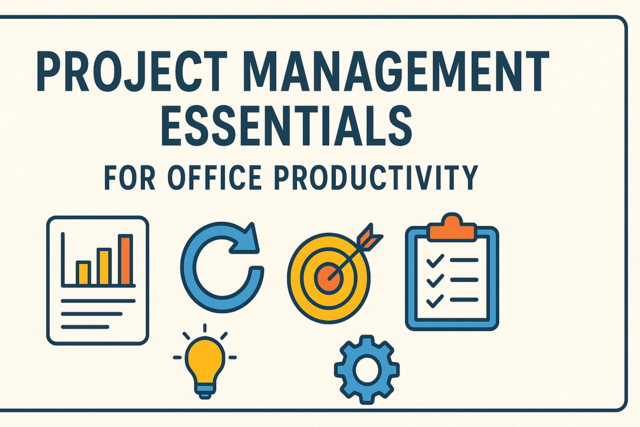 4 hours
0.4 CEUs
Project Management Essentials for Office Productivity
+ More Info
4 hours
0.4 CEUs
Project Management Essentials for Office Productivity
+ More Info
-
 5 hours
0.5 CEUs
Bridging Generational Gaps: Understanding Family Dynamics
+ More Info
5 hours
0.5 CEUs
Bridging Generational Gaps: Understanding Family Dynamics
+ More Info
-
 4 hours
0.4 CEUs
Familial Fortitude: Strengthening Bonds from Within
+ More Info
4 hours
0.4 CEUs
Familial Fortitude: Strengthening Bonds from Within
+ More Info
-
 3 hours
0.3 CEUs
Writing Across the Curriculum: Best Practices
+ More Info
3 hours
0.3 CEUs
Writing Across the Curriculum: Best Practices
+ More Info
-
 4 hours
0.4 CEUs
Narratives of Love: Crafting Your Relationship Story
+ More Info
4 hours
0.4 CEUs
Narratives of Love: Crafting Your Relationship Story
+ More Info
-
 7 hours
0.7 CEUs
Designing Interdisciplinary Curricula
+ More Info
7 hours
0.7 CEUs
Designing Interdisciplinary Curricula
+ More Info
-
 7 hours
0.7 CEUs
Exquisite Ensembles: Curating a Modern Luxury Wardrobe
+ More Info
7 hours
0.7 CEUs
Exquisite Ensembles: Curating a Modern Luxury Wardrobe
+ More Info
-
 7 hours
0.7 CEUs
Travel Planning and Safety Skills
+ More Info
7 hours
0.7 CEUs
Travel Planning and Safety Skills
+ More Info
-
 3 hours
0.3 CEUs
Budgeting and Financial Planning
+ More Info
3 hours
0.3 CEUs
Budgeting and Financial Planning
+ More Info
-
 7 hours
0.7 CEUs
Aligning Curriculum with State Standards
+ More Info
7 hours
0.7 CEUs
Aligning Curriculum with State Standards
+ More Info
-
 6 hours
0.6 CEUs
Beyond Glamour: Women's Luxury Fashion Unveiled
+ More Info
6 hours
0.6 CEUs
Beyond Glamour: Women's Luxury Fashion Unveiled
+ More Info
-
 7 hours
0.7 CEUs
The Power of Vulnerability: Authentic Connections in a Busy World
+ More Info
7 hours
0.7 CEUs
The Power of Vulnerability: Authentic Connections in a Busy World
+ More Info
-
 7 hours
0.7 CEUs
Leadership in Educational Settings
+ More Info
7 hours
0.7 CEUs
Leadership in Educational Settings
+ More Info
-
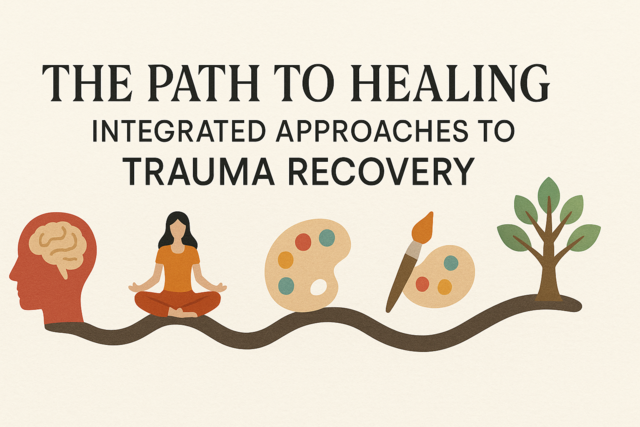 5 hours
0.5 CEUs
The Path to Healing: Integrated Approaches to Trauma Recovery
+ More Info
5 hours
0.5 CEUs
The Path to Healing: Integrated Approaches to Trauma Recovery
+ More Info
-
 4 hours
0.4 CEUs
Enhancing Student Engagement and Motivation
+ More Info
4 hours
0.4 CEUs
Enhancing Student Engagement and Motivation
+ More Info
-
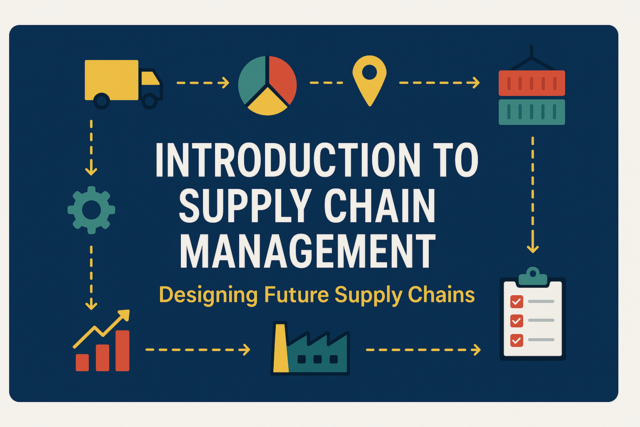 4 hours
0.4 CEUs
Introduction to Supply Chain Management
+ More Info
4 hours
0.4 CEUs
Introduction to Supply Chain Management
+ More Info
-
 6 hours
0.6 CEUs
Data-Driven Decision Making in Special Education
+ More Info
6 hours
0.6 CEUs
Data-Driven Decision Making in Special Education
+ More Info
-
 5 hours
0.5 CEUs
Understanding and Reducing Bias
+ More Info
5 hours
0.5 CEUs
Understanding and Reducing Bias
+ More Info
-
 6 hours
0.6 CEUs
Public Speaking with Confidence
+ More Info
6 hours
0.6 CEUs
Public Speaking with Confidence
+ More Info
-
 5 hours
0.5 CEUs
Harnessing the Power of Feedback
+ More Info
5 hours
0.5 CEUs
Harnessing the Power of Feedback
+ More Info
-
 7 hours
0.7 CEUs
Mindful Living in the Modern World
+ More Info
7 hours
0.7 CEUs
Mindful Living in the Modern World
+ More Info
-
 6 hours
0.6 CEUs
Assistive Technology in Special Education: Tools and Applications
+ More Info
6 hours
0.6 CEUs
Assistive Technology in Special Education: Tools and Applications
+ More Info
-
 5 hours
0.5 CEUs
Developing a Growth Mindset
+ More Info
5 hours
0.5 CEUs
Developing a Growth Mindset
+ More Info
-
 5 hours
0.5 CEUs
Coaching and Mentoring Skills
+ More Info
5 hours
0.5 CEUs
Coaching and Mentoring Skills
+ More Info
-
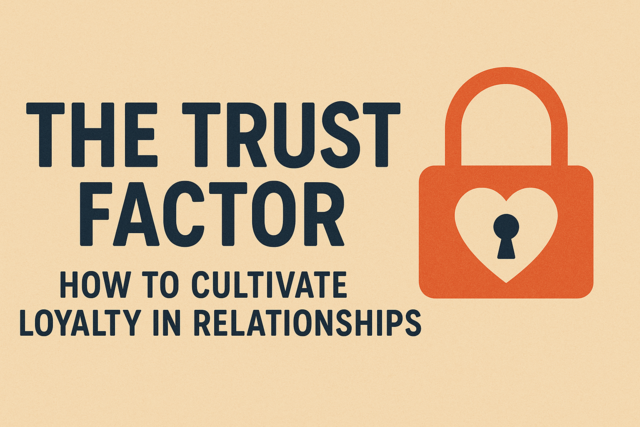 7 hours
0.7 CEUs
The Trust Factor: How to Cultivate Loyalty in Relationships
+ More Info
7 hours
0.7 CEUs
The Trust Factor: How to Cultivate Loyalty in Relationships
+ More Info



